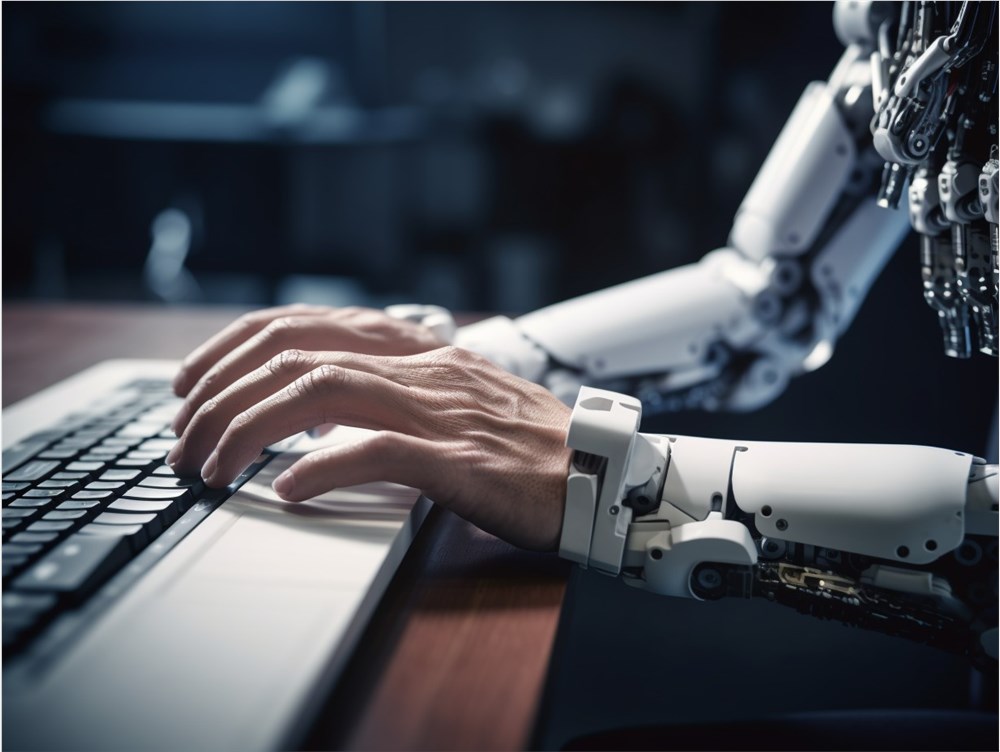Intel recently released a research report on artificial intelligence computers (AI PCs). The report is based on a survey of 6,000 users over the age of 18 in Germany, the UK, and France, and provides an in-depth analysis of users’ computer usage habits and perceptions of AI PCs. Know. The report focuses on how AI PC can improve user work efficiency, and conducts an in-depth discussion of investment trends and risks in the AI industry, providing valuable reference information for investors and technology companies. The conclusion of the report not only demonstrates the huge potential of AI PC, but also points out the challenges and risks faced in the development of the AI industry.
Recently, Intel Corporation (NASDAQ: INTC) released a research report on artificial intelligence computers (AI PC). The report surveyed 6,000 users aged 18 and above from Germany, the United Kingdom and France, aiming to understand their Computer usage habits and understanding of AI computers. Research results show that the built-in artificial intelligence of AI computers can help users save a lot of time and thereby improve work efficiency.

Picture source note: The picture is generated by AI, and the picture authorization service provider Midjourney
According to the report, users using AI computers can save more than 240 minutes per week on daily tasks, which translates into four hours of work time. This savings is mainly due to the features of AI computers such as accelerated task processing, enhanced privacy protection and adaptive learning. These functions enable computers to complete various operations more intelligently, reducing users' time on processing tedious tasks.
The report mentioned that the current rise of artificial intelligence is reshaping investment strategies, especially in the technology field. Unlike previous technology booms that focused on software, the current AI wave is more focused on hardware, and this shift means more capital needs to be invested. Tech giants are expected to spend more than $200 billion on capital expenditures by 2025, nearly double 2021 levels. These investments are mainly used for AI infrastructure, including data centers and the research and development of advanced chips.
However, the study also pointed out that AI infrastructure projects often take longer to become profitable, so these projects face long-term financial risks due to economic slowdown, inflation and geopolitical factors. In addition, AI startups also face challenges. Many companies rely on large-scale financial support, and it is expected that by 2024, nearly half of U.S. venture capital investment will be allocated to the AI field. However, if the economic environment deteriorates or the cost of capital is too high, it may limit the availability of financing and thus slow down the innovation process.
Finally, the report also highlights that hardware companies face cyclical risks, including inventory fluctuations and expansion delays. Therefore, in the context of current technological changes, investors need to pay more attention to market dynamics and carefully evaluate the risks and opportunities of AI-related investments.
Highlight:
AIPC saves users 240 minutes of daily work time per week.
Technology companies are expected to invest more than $200 billion in AI infrastructure by 2025.
AI startups face financing challenges that could slow innovation.
All in all, Intel's report not only depicts the development prospects of AI PC for us, but also reminds us of the potential risks of investment in the AI industry. In the AI era full of opportunities and challenges, prudent investment strategies and keen insight into market dynamics are crucial.